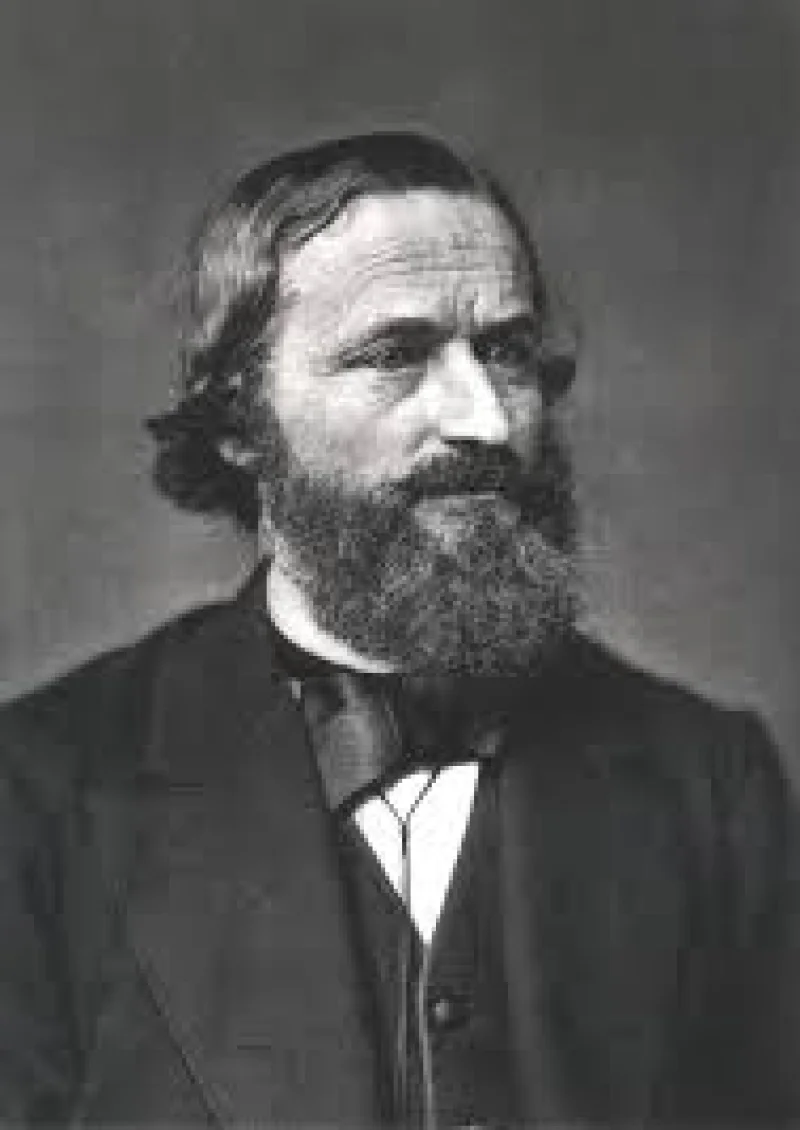Short Summary
Rudolf Christian Karl Diesel was a German engineer and inventor best known for developing the diesel engine, a groundbreaking innovation in the field of engineering and transportation. His invention revolutionized the way engines operated, providing a more efficient and powerful alternative to the steam and gasoline engines of his time. Diesel's work laid the foundation for modern internal combustion engines that power a vast range of vehicles and machinery today. His legacy continues to influence automotive and industrial engineering.
Early Life & Education
Rudolf Diesel was born on March 18, 1858, in Paris, France, to Theodor and Elise Diesel, Bavarian immigrants. He spent his early childhood in Paris until the Franco-Prussian War forced the family to relocate to London. Eventually, Diesel moved to Augsburg, Germany, where he attended the Royal County Trade School. Showing an early aptitude for engineering, he pursued further studies at the Royal Bavarian Polytechnic of Munich. His education was interrupted by illness, but he graduated with distinction, setting the stage for his future innovations in mechanical engineering.
Career Highlights
Diesel began his career working with refrigeration technology, but his interest soon shifted to engines. In 1893, he published a paper outlining his vision for a more efficient engine that used compression ignition, a concept that became the basis for the diesel engine. By 1897, he had developed a working prototype, which was demonstrated at the Augsburg and Nuremberg exhibitions. Diesel's engine was notable for its efficiency and power, quickly gaining attention from industries worldwide. His work in engine technology earned him numerous patents and widespread recognition, solidifying his place in engineering history.
Major Achievements
- Developed the diesel engine, a more efficient alternative to steam and gasoline engines.
- Received patents for his innovative engine design, influencing industries globally.
- Published significant research and papers on thermodynamics and engine technology.
Famous Quotes
- "The diesel engine can be fed with vegetable oils and would help considerably in the development of agriculture of the countries which use it."
Interesting Facts
- Diesel's engine was initially designed to run on peanut oil, showcasing its versatility.
- He mysteriously disappeared in 1913 while traveling on a ship from Belgium to England, leading to widespread speculation about his fate.
- Diesel was posthumously inducted into the Automotive Hall of Fame in 1978.
Legacy / Influence
Diesel's invention has had a profound impact on transportation and industry, with diesel engines powering everything from trucks to submarines. His emphasis on efficiency and alternative fuels remains relevant as the world seeks sustainable energy solutions. The diesel engine's design principles continue to influence modern engine technology and innovation.
FAQ
Q: Why is Rudolf Diesel famous?
A: He is famous for inventing the diesel engine, which revolutionized engine technology.
Q: What was unique about Diesel's engine?
A: It used compression ignition and was more efficient than steam and gasoline engines.
Q: What happened to Rudolf Diesel?
A: He disappeared under mysterious circumstances in 1913 during a sea voyage.











